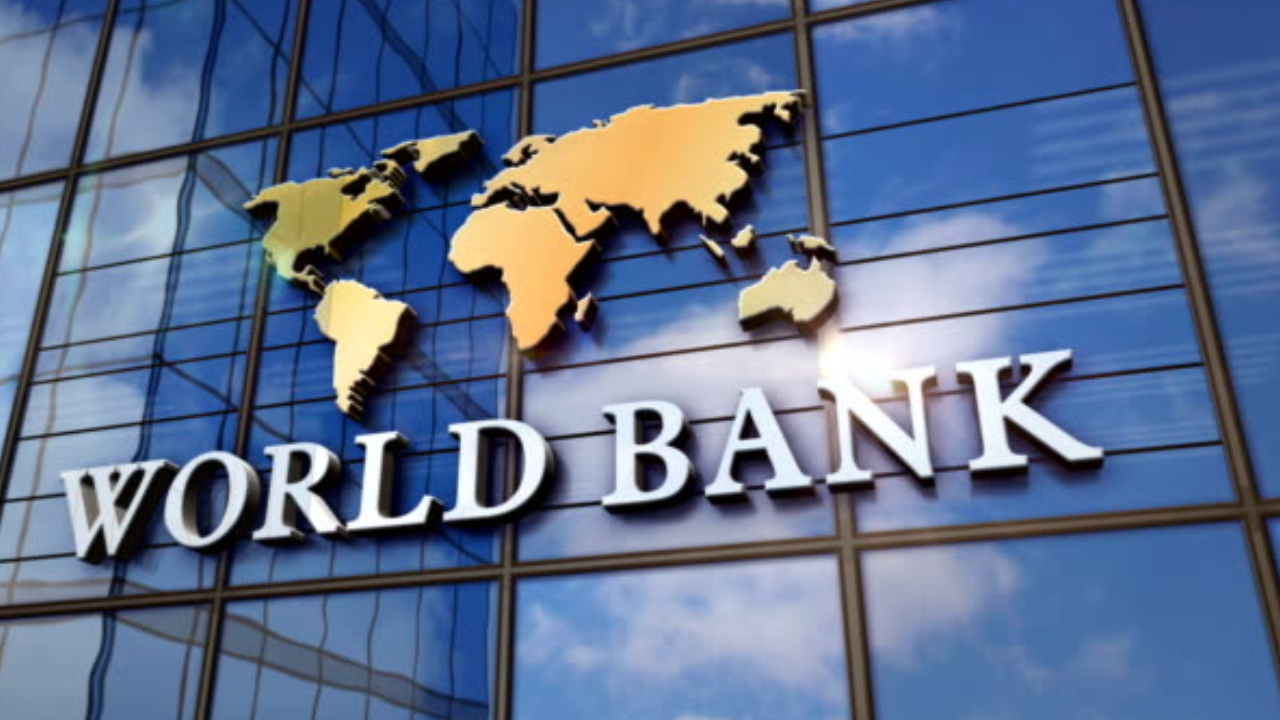
The World Bank has warned that Sub-Saharan Africa’s overall economic growth is being significantly hampered by the underperformance of three major economies: Nigeria, Angola, and South Africa. Despite the region showing some positive growth, these countries, which represent a large portion of the continent’s economy, are facing severe economic challenges that have a ripple effect across the entire region.
Nigeria, Africa’s largest economy, is grappling with ongoing issues such as oil price fluctuations, inadequate infrastructure, and political instability. The country’s heavy reliance on oil exports has left it vulnerable to global energy market volatility, which has led to sluggish growth and a rise in unemployment and poverty levels.
Angola, heavily dependent on oil as well, faces similar struggles. Declining oil production and prices have put immense pressure on the economy, and the country is dealing with inflation, a high debt burden, and a lack of diversification. Despite attempts to reform, the economy has not seen the desired growth rates, further weakening the region’s overall performance.
South Africa, Africa’s most industrialized nation, is also in a period of economic stagnation. Persistent issues such as power shortages, corruption, and high unemployment rates have prevented significant progress. These factors have caused slow economic recovery and a decline in investor confidence, which continues to drag down Sub-Saharan Africa’s broader growth potential.
The World Bank’s assessment underscores the need for structural reforms and diversification in these economies. While the region as a whole has shown resilience, with some countries experiencing growth, the underperformance of these key economies continues to pose a significant challenge. Economic recovery in Sub-Saharan Africa will depend on how Nigeria, Angola, and South Africa address their internal issues and pursue sustainable, inclusive growth strategies.

